Keywords: Sports
There are more than 24 results, only the first 24 are displayed here.
Become a subscriber for more search results.
-
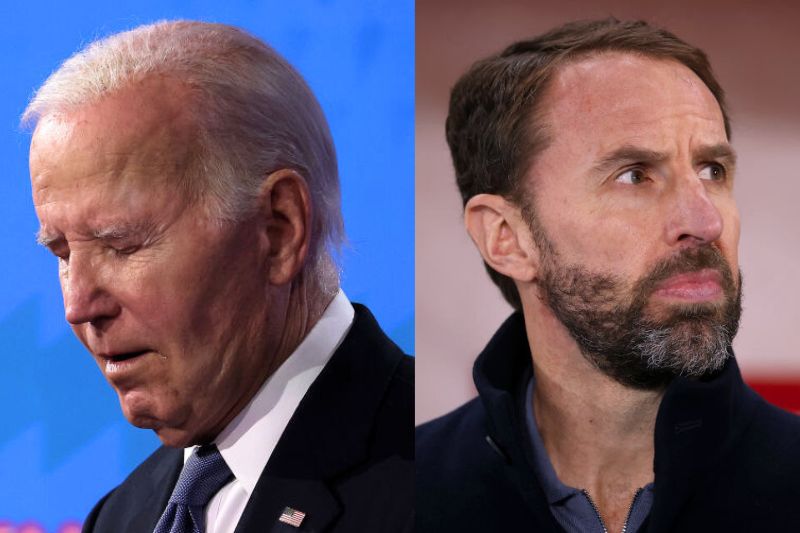
MEDIA
- Andrew Hamilton
- 25 July 2024
1 Comment
Recent media pressure led to two high profile resignations. Joe Biden, after resisting pressure to do so, has abandoned his re-election bid and English professional football manager Gareth Southgate resigned. The part played by the media merits reflection on the human vulnerability of persons in public life and of those involved in reporting on it.
READ MORE
-
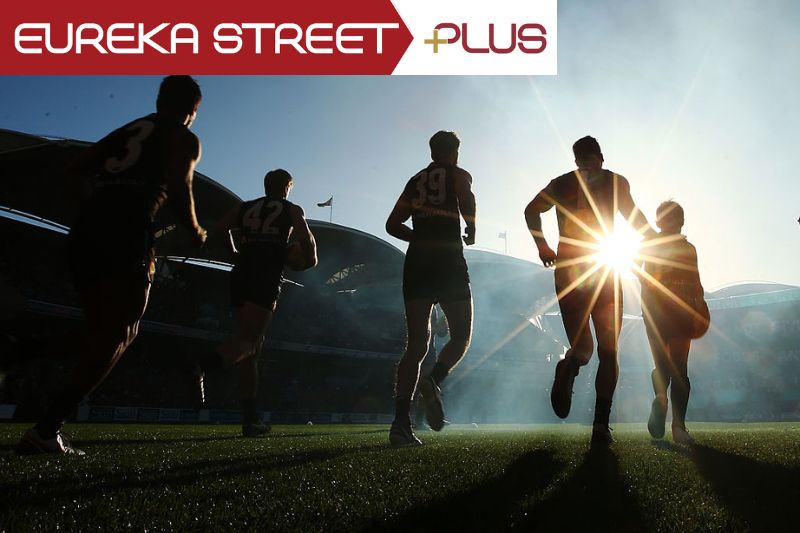
AUSTRALIA
- Michael McVeigh
- 01 July 2024
1 Comment
Last month, the Australian Catholic Bishops Conference released a pastoral statement on religion and sport. And while commending sport’s ability to promote growth in individuals and foster healthy communities, if sport is to be a field of mission, it should be more willing to dive into those places where the 'bruises' occur.
READ MORE 
-
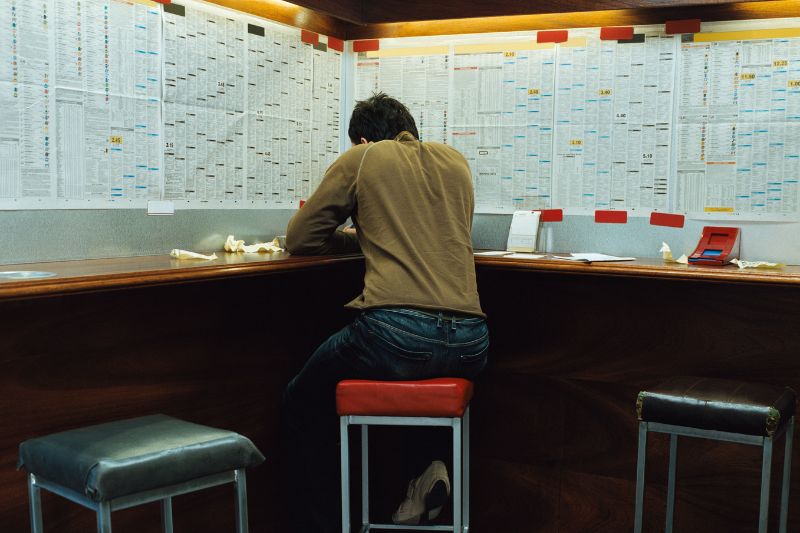
AUSTRALIA
- Tim Costello
- 26 June 2024
2 Comments
Gambling is now so entrenched in the AFL and NFL it is changing the way people, especially young people, follow sport. With former AFL chief Gillon McLachlan set to become CEO at Tabcorp, we should consider the profound impact of gambling on Australian society.
READ MORE
-

INTERNATIONAL
- Michael McVeigh
- 16 May 2024
1 Comment
Millions around the world tune in for Eurovision each year, making it one of the world’s most-watched non-sporting events. It’s a mess of all that is funny, camp and bizarre. And yet instead of exploring the boundaries of our collective imagination, it's often overshadowed by regional politics and conflict.
READ MORE
-
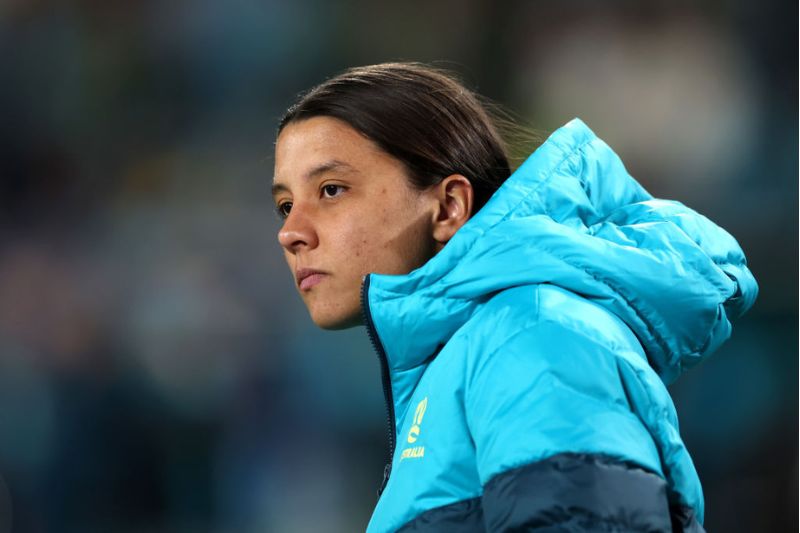
AUSTRALIA
Sam Kerr’s alleged comment to a UK police officer has divided opinion as to whether it constitutes racism. The central question involves whether a structural understanding of racism should supersede a universal, neutral sense of racism of the kind that is enshrined in law.
READ MORE
-

AUSTRALIA
- Gillian Bouras
- 20 March 2024
6 Comments
Times are changed and we are changed with them. As societal norms evolve, from fashion to expressions of freedom and political attitudes, how does each of us adapt while preserving our core selves?
READ MORE
-
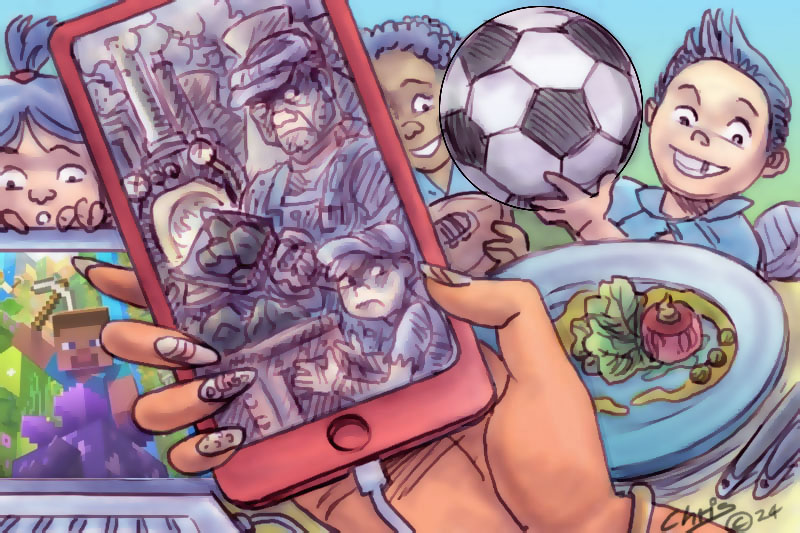
ECONOMICS
- David James
- 20 February 2024
3 Comments
What does it mean when ideas of scarcity – supposedly the driving principle in understanding supply and demand – are no longer the only or best way to think about economic activity? What is needed to understand the post-industrial environment is a new way of thinking about economics and finance.
READ MORE
-

AUSTRALIA
- Michael McVeigh
- 12 February 2024
1 Comment
A coffee shop used AI technology to track and measure the activity of its employees and customers to 'optimise' team performance. Not only does this raise a slew of ethical issues, but also leads us to consider: can the human element that makes a team or business successful ever be truly quantifiable?
READ MORE 
-

AUSTRALIA
- Holly Lawford-Smith
- 02 February 2024
1 Comment
How can we make progress on the question of whether debate can do harm, and if it can, whether that’s a sufficient reason to suppress particular debates? Or should we adopt a ‘no debate!’ approach to particular topics ourselves?
READ MORE 
-
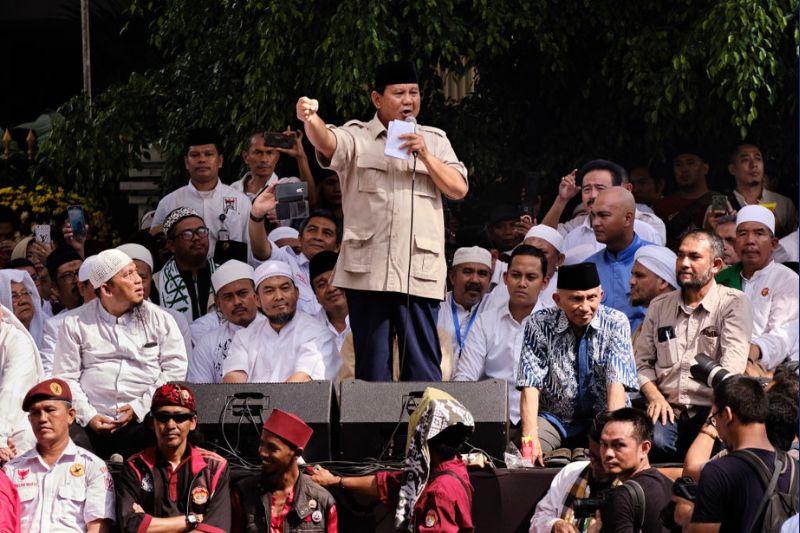
INTERNATIONAL
- Pat Walsh
- 17 January 2024
5 Comments
Over 200,000,000 Indonesians are currently weighing up who to elect from three candidates as their next president. Australia has nothing to gain from a Prabowo presidency and a lot to lose.
READ MORE
-

AUSTRALIA
- Michael McVeigh
- 24 November 2023
2 Comments
Australia's victory in the 2023 Cricket World Cup in the face of India's home advantage is a tale of unexpected triumph. This victory goes beyond cricket, illustrating how small factors can drastically influence outcomes, leading to greater lessons on resilience and the surprising nature of grace.
READ MORE 
-

EDUCATION
- Sarah Klenbort
- 11 October 2023
9 Comments
Parents face a complex choice: public or private schooling? Overcrowded public classrooms contrast with well-funded private institutions, revealing inequalities in educational resources. Australia's educational landscape reveals not just a tale of two school systems but the underlying values and priorities of a nation.
READ MORE